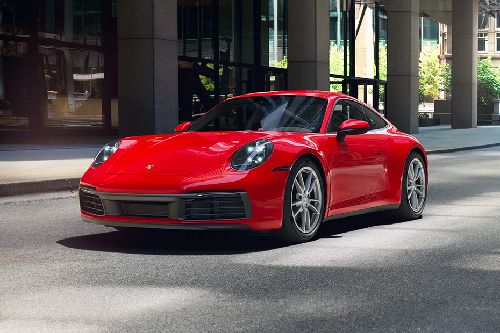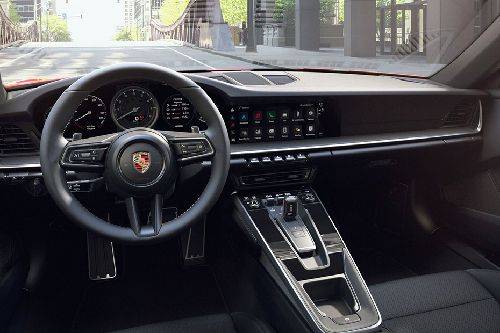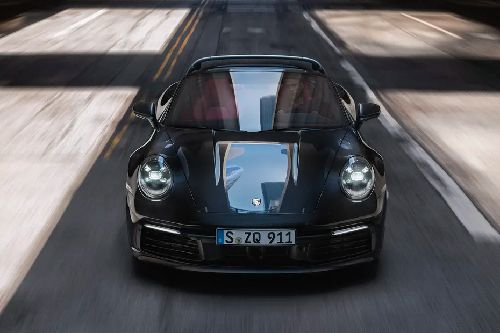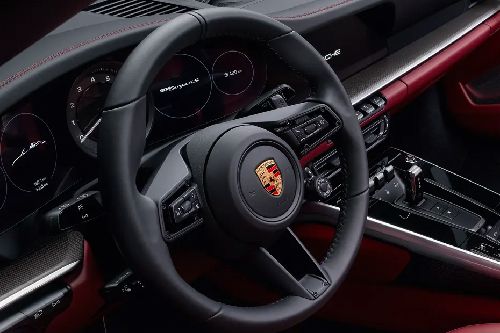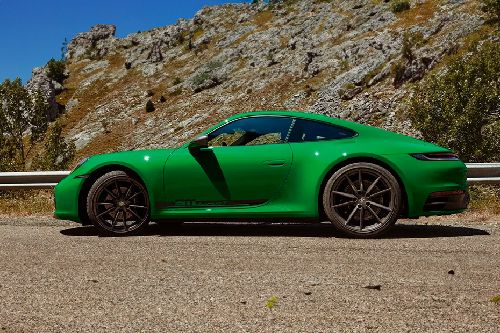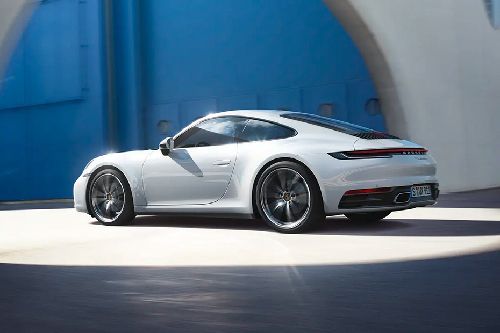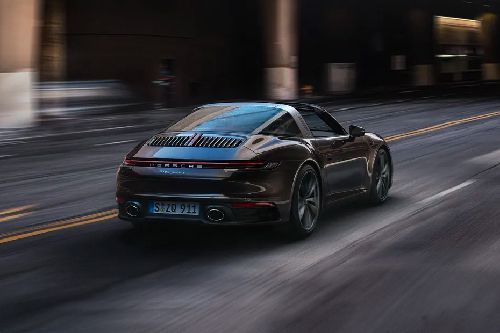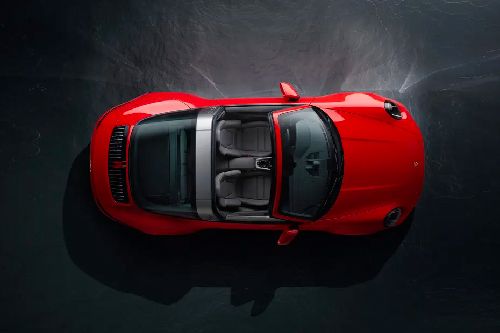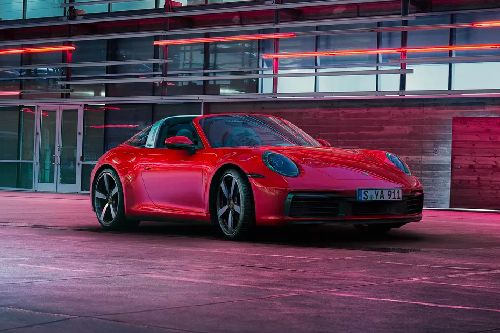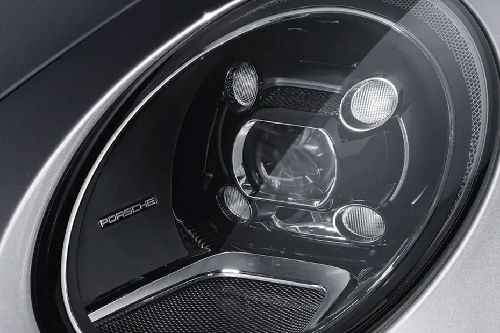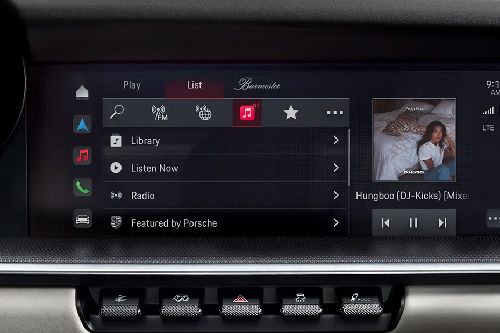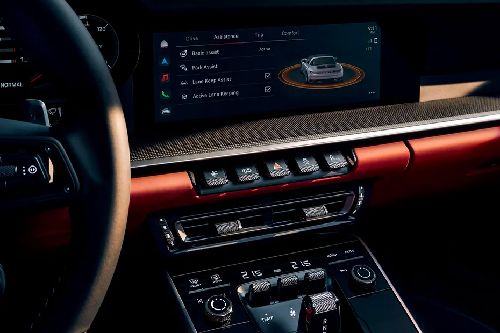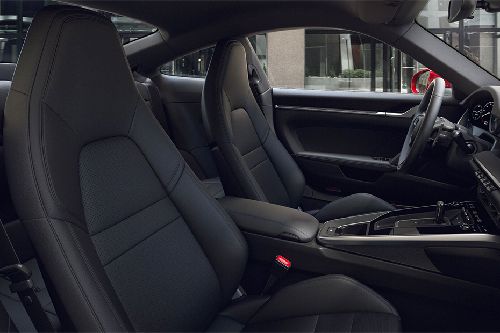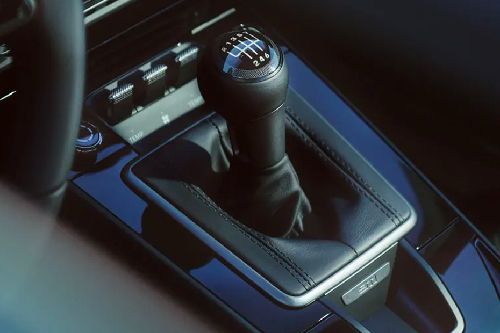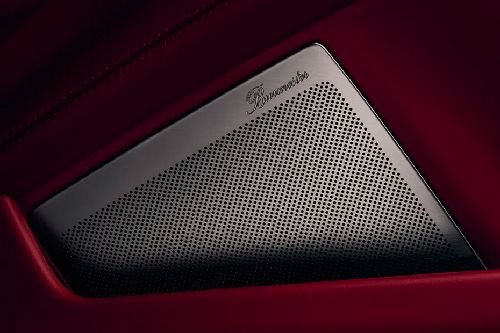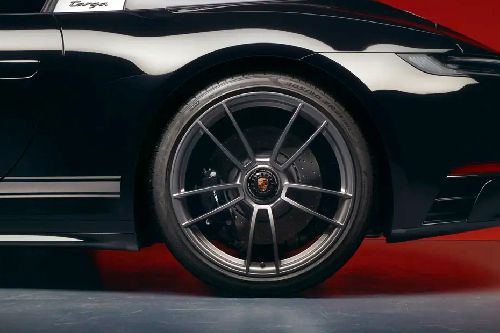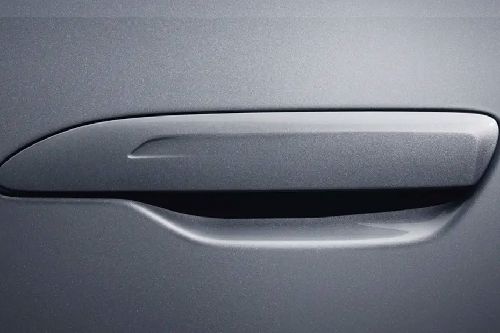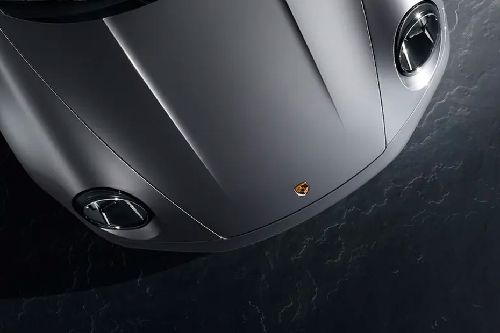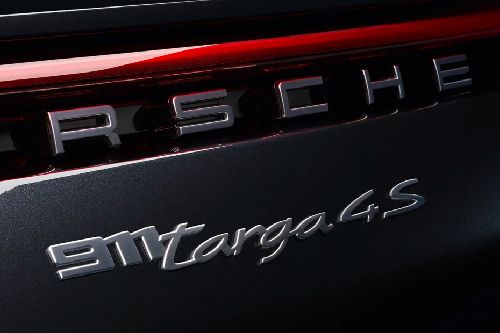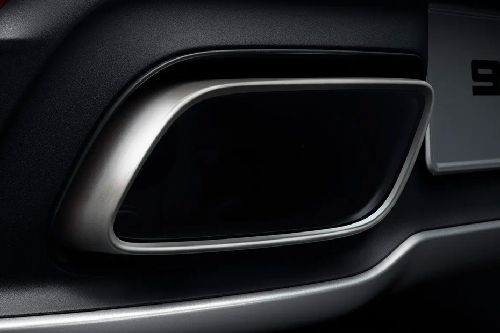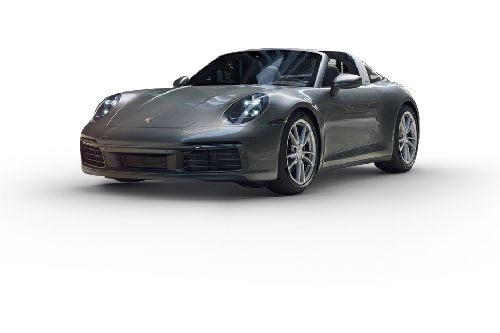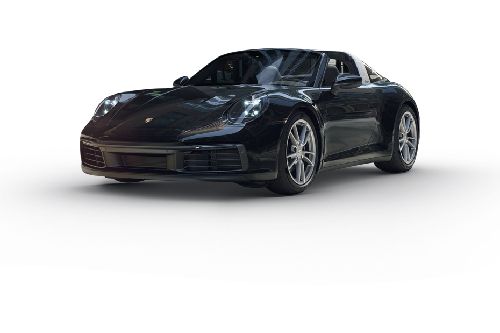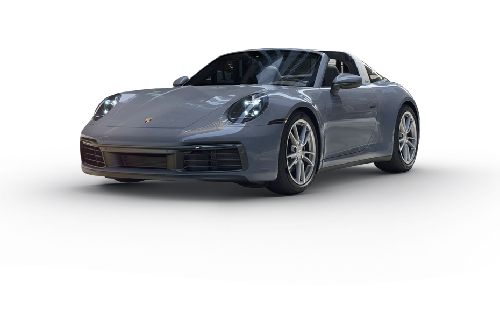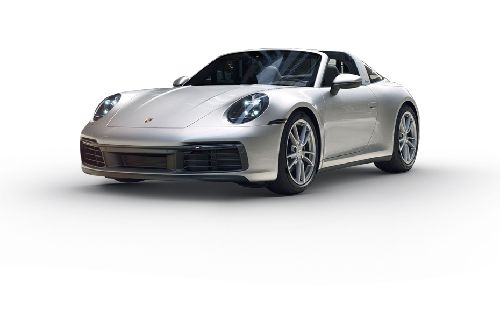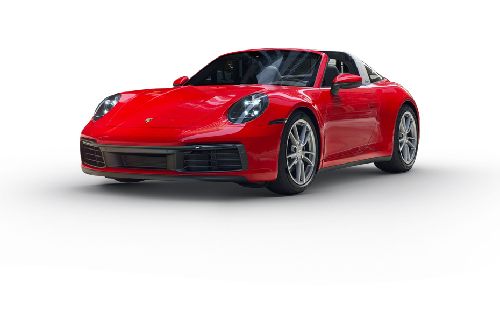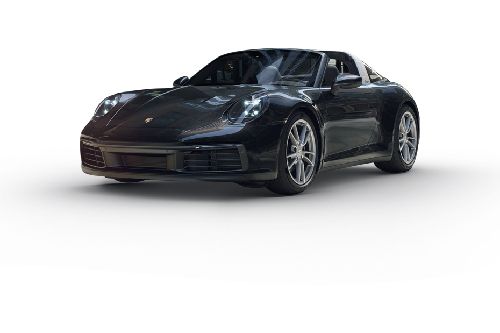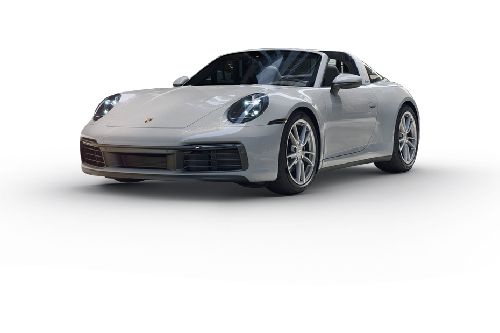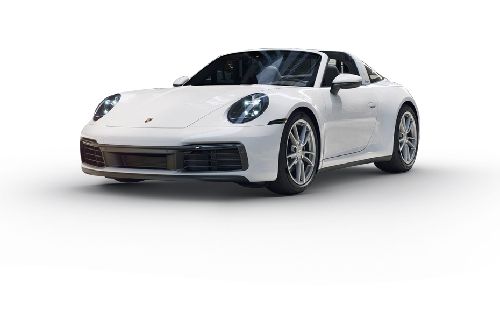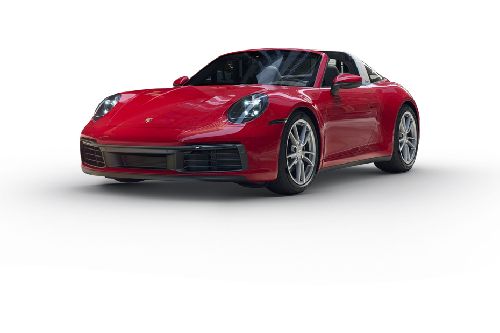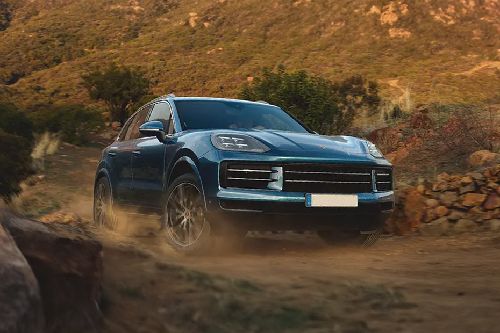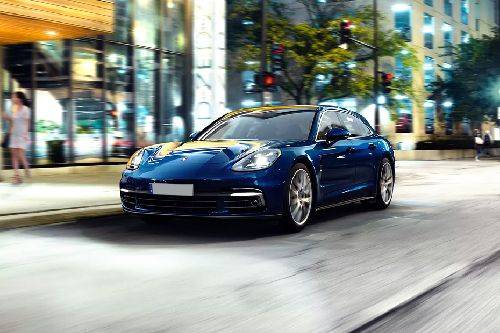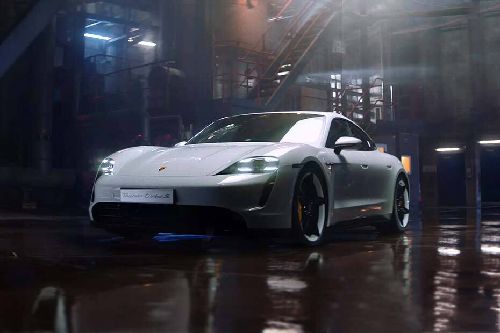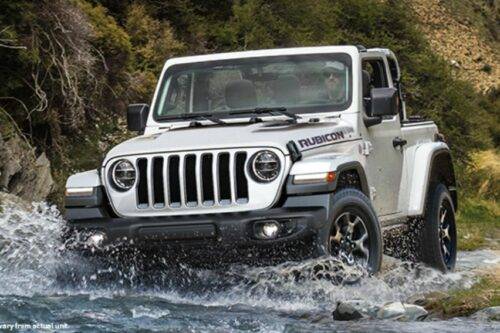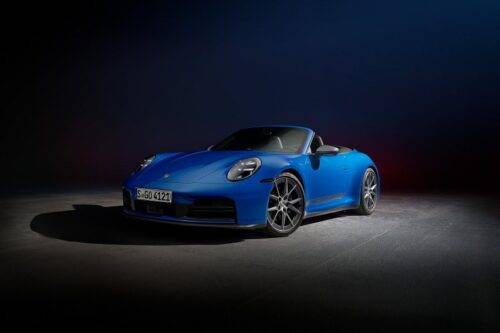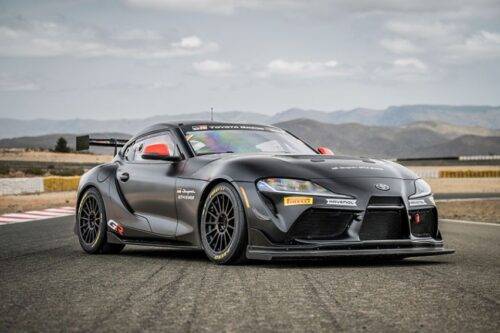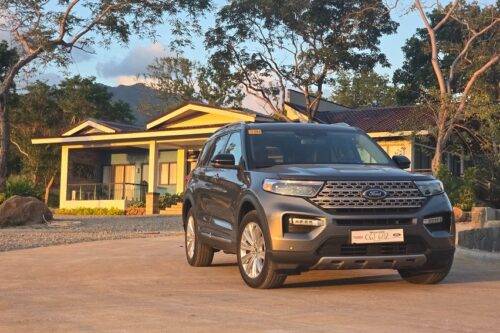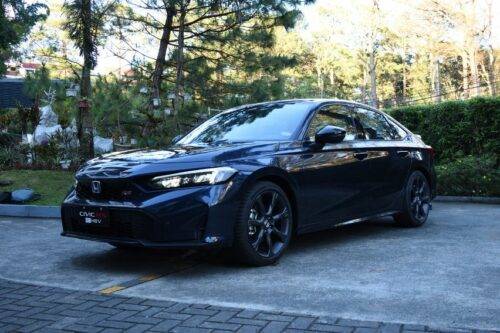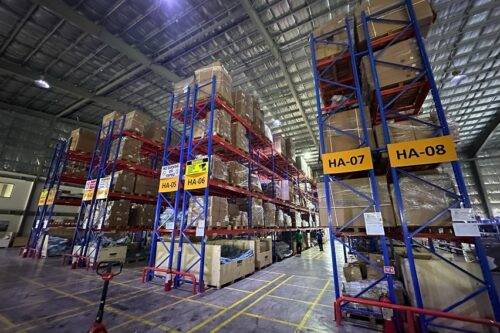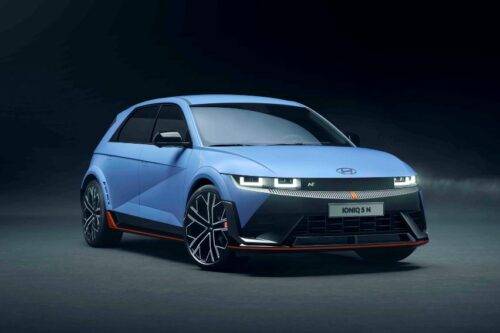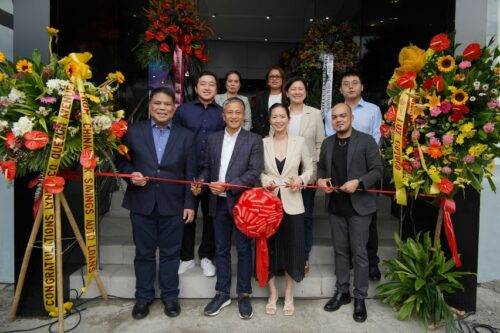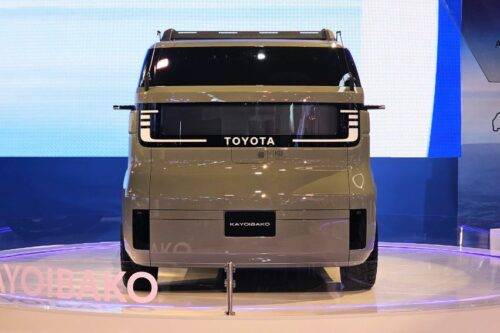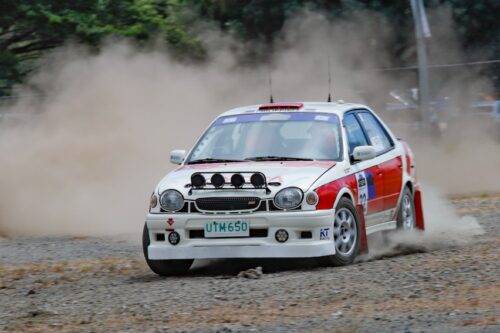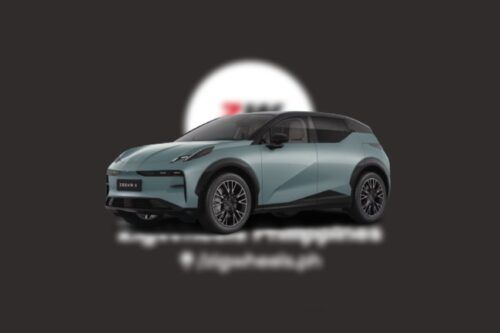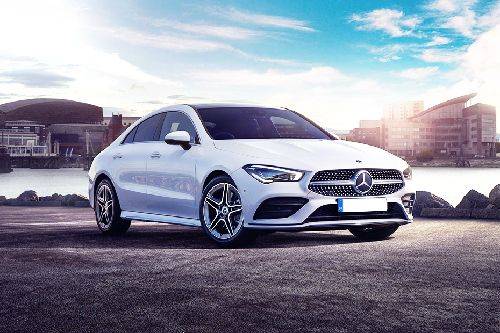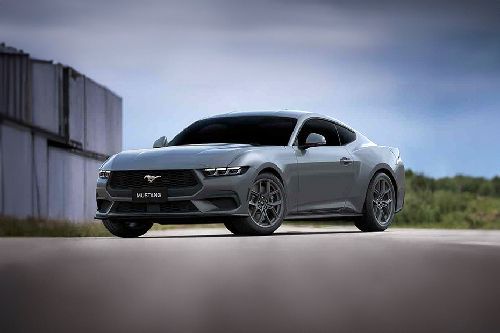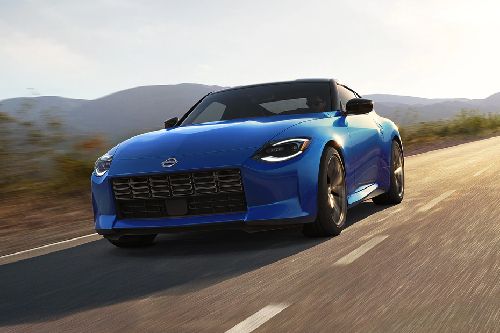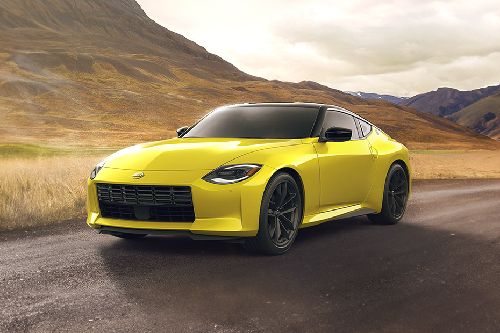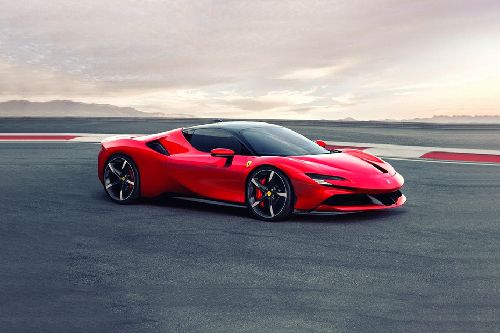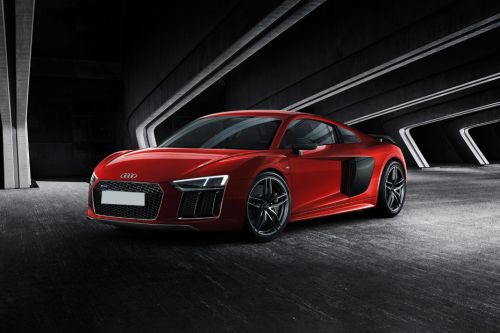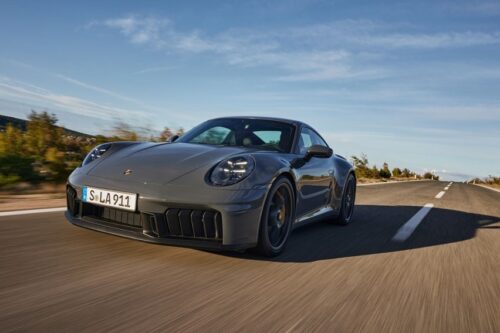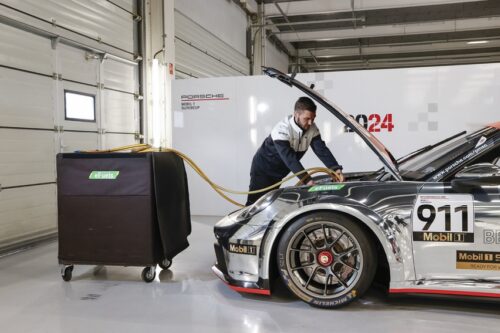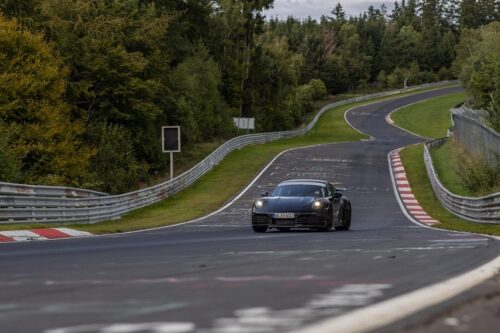Porsche offers new magnesium crankcases for classic 911 models
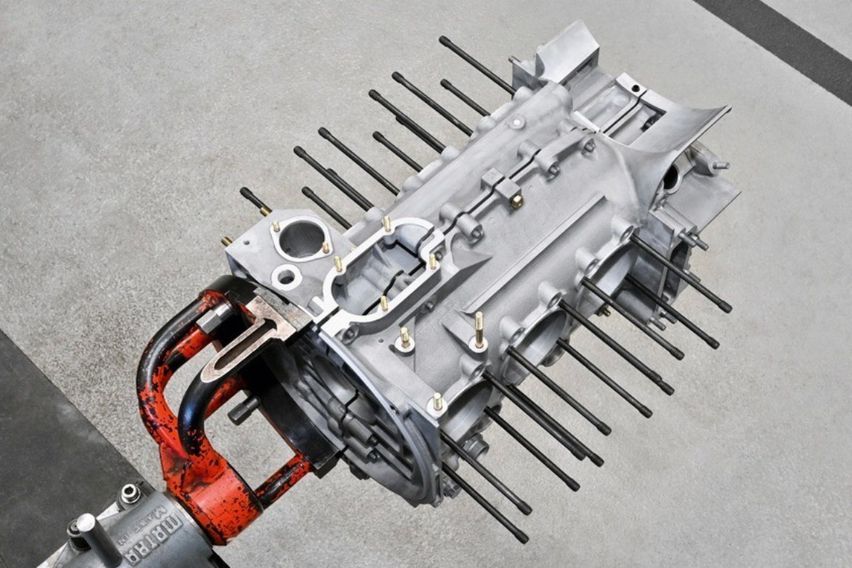
MANILA: Porsche Classic is now offering factory-supplied magnesium crankcases for Porsche 911 units produced between 1968 and 1976.
KEY TAKEAWAYS
Which models are covered by the reissue?
Vehicles from the F and G series with 2.0-, 2.2-, 2.4-, and 2.7-liter engines are covered by the reissue.How did Porsche obtain the data set needed for the machining of the magnesium crankcases?
Reproducing the Porsche 962 Group C racing engine provided the data set needed for their machining. The Porsche Classic specialists also combed through parts lists and technical documents in the company's history and spoke with previous and present employees about design specifics.Vehicles from the F and G series with 2.0-, 2.2-, 2.4-, and 2.7-liter engines are covered by the reissue. Among them is the iconic Porsche 911 Carrera RS 2.7, which celebrated its 50th anniversary last year. The crankcases can be ordered as genuine parts from any Porsche Classic partner or any of the Porsche Centers worldwide. Up until now, repairing these parts required either attempting to weld small cracks or turning to recycled components from previous engines. The crankcase is a component of the engine wherein the crankshaft moves.
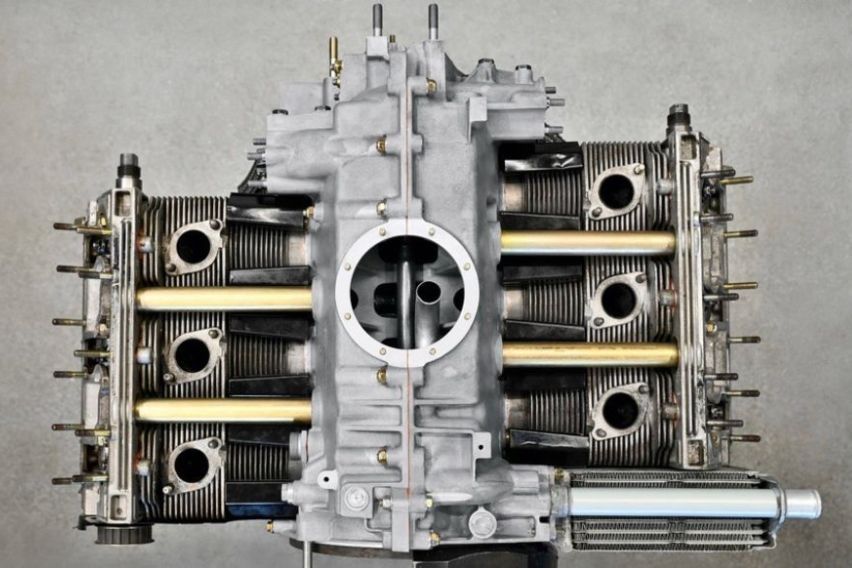
“This reissue closes another gap in our range of spare parts, making it possible to build completely new engines for most classic 911 models. There’s a lot of demand from our customers for true-to-original engine components like this,” Porsche Classic Director Ulrike Lutz stated.
Porsche Classic is already developing crankcase replicas for other Porsche 911 generations.
Aluminum crankcases have been reintroduced over the past two years for larger-engined Porsche 911 units from the 1990s. Blanks were taken from the stock for production. Reproducing the Porsche 962 Group C racing engine provided the data set needed for their machining. The earlier engine drawings containing information about production were not totally comprehensible. The Porsche Classic specialists also combed through parts lists and technical documents in the company's history and spoke with previous and present employees about design specifics. These data sets for the aluminum crankcases are now useful for the reissued magnesium component.
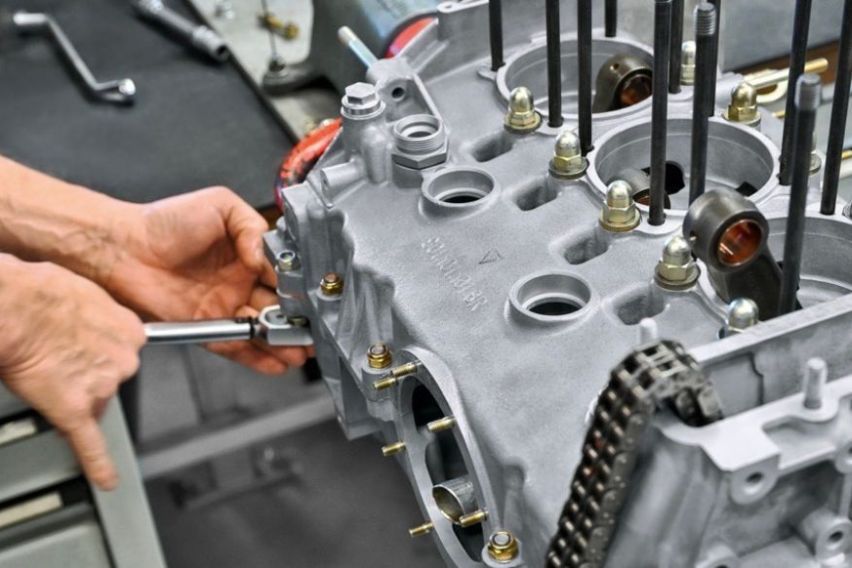
Porsche Classic based its work on the most recent and developed version of the series production part available at the time of creating such replicas. A blank number that identifies this design version is present on every crankcase. The purchase part number is also indicated on the replicas.
A supplier uses the sand casting process to cast the crankcase based on the CAD data. First, the appropriate molds are prepared in a factory, and the cores are constructed from sand and resin. These cores are destroyed after casting in order to release the cast part.
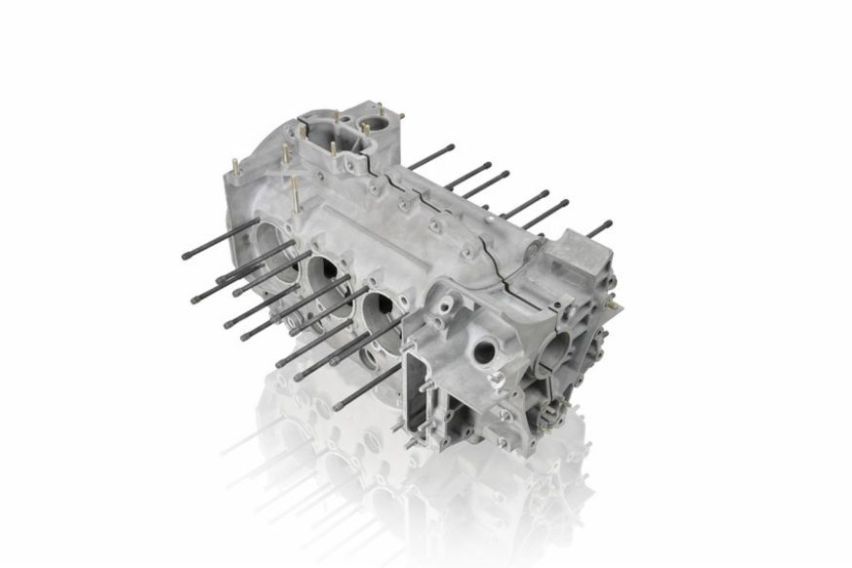
After that, a five-axis CNC machine is used to machine the blanks. There are more than 50 different types of cutting, drilling, and milling tools. There is hardly any material removed. For instance, it is only a few hundredths of a millimeter for machined surfaces.
Extensive quality control is conducted in conjunction with series production. The machined housings are measured one at a time using 3D measuring probes. A comparison is also performed with the machining data in a 3D coordinate measuring machine. Over 1,300 control dimensions are included in the full measurement.
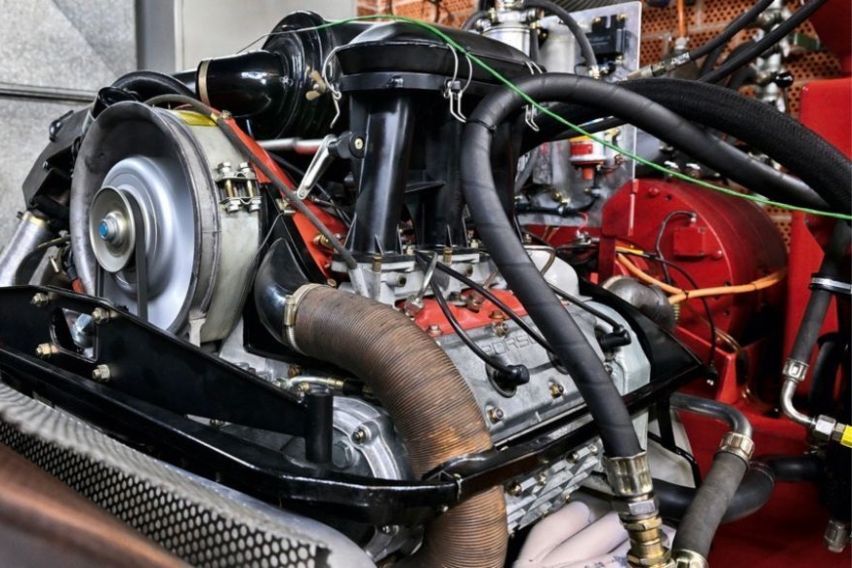
A prototype engine also completed a comprehensive test bench run spanning several weeks in order to receive component approval in accordance with the stringent Porsche Classic quality standards. Porsche Classic accomplished this by equipping the Porsche 911 Carrera RS 2.7's 2.7-liter engine, which was the most potent variant at the time, with numerous measuring sensors. Several engine speeds and precisely defined load circumstances were used in the test program's endurance runs. Over that time, numerous tests have been carried out. For instance, the materials experts examined samples of oil for foreign materials and suspended particles. After the trial runs, Porsche Classic experts and specialists from Weissach disassembled the prototype engine down to the last bolt. Every component was examined. Naturally, special focus was placed on the two crankcase halves. These were once more independently assessed and inspected at the Porsche Development Center after complete disassembly. Here, testing and measuring techniques were adopted similar to those typically used for series components for production release.
The Original Parts and Accessories business unit's responsibility is to make sure that Porsche Classic can offer the most extensive selection of spare parts for the numerous classic Porsche cars. More than 80,000 different spare parts and accessories are available from any Porsche Center worldwide. Aside from handling sales, Porsche Classic is also in charge of reissuing original parts that are out of stock. Since 2013, around 200 spare parts have been reissued annually. Technical literature is accessible. Porsche Classic offers more than 1,000 operating and instruction manuals, repair manuals, and the “Types, Dimensions, Tolerances” (TyMaTo) brochure.
Porsche Classic continues to expand its portfolio. Attractive lifestyle and accessory items improve the comfort and usability of the cars and provide customers the option to customize their vehicles. Particularly popular Porsche Classic infotainment systems are PCCM and PCCM Plus. The entertainment systems' capacity to link to modern smartphones, as well as Apple CarPlay and Android Auto, are its most significant new features.
The “Performance Parts” market has been conquered by Porsche Classic as well. Improving the cars' performance and agility and getting them ready for track use is the goal here. This includes popular parts like performance steering wheels and renowned Fuchs rims, both of which are now available for newer models like the Porsche 911 (996 generation). Performance suspensions for the 996 generation of the Porsche 911 and the Porsche 959 are one example of new and upcoming product developments. They will be created in partnership with Manthey Racing.
Photos from Porsche
Also read:
New Porsche Cayenne undergoes extensive testing
Porsche adopts state-of-the-art test methods for high-voltage EV batteries
Sell your car at the best price
 Verified and genuine buyers
Verified and genuine buyers
-
Explore Porsche 911
Porsche Car Models
Don't Miss
Porsche 911 Promos, DP & Monthly Installment
PIMS 2024
Trending & Fresh Updates
- Latest
- Popular
You might also be interested in
- News
- Featured Stories
Porsche Featured Cars
- Popular
Latest Porsche 911 Car Videos on Zigwheels

Compare & Recommended
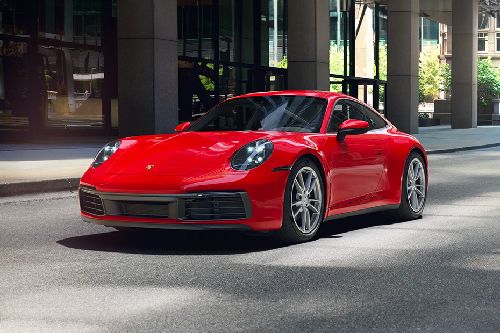
|
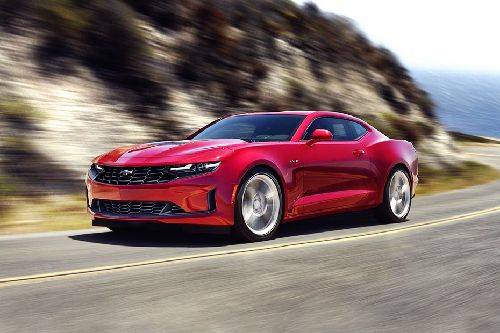
|
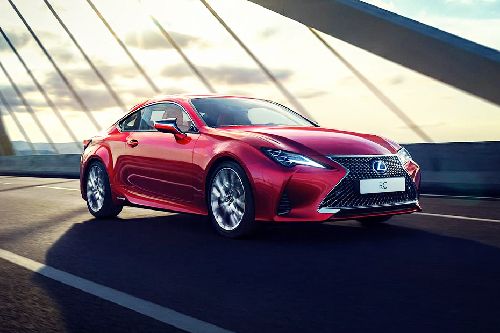
|
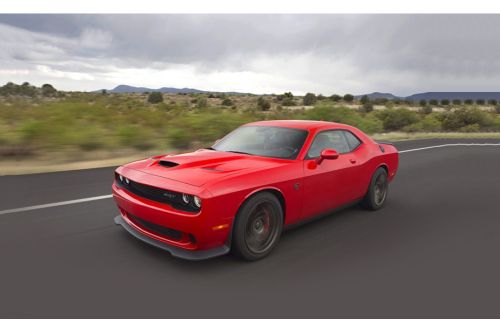
|
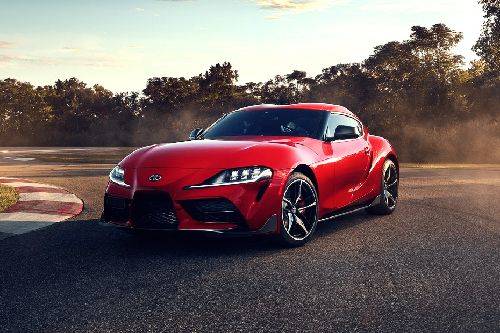
|
|
Engine
3.0L Gasoline Engine, 6 Cylinder 24 Valve
|
2.0L Gasoline Engine, In-Line 4 Cylinder 16 Valve DOHC
|
3.5L Gasoline Engine, 6 Cylinder 24 Valve
|
6.4L Gasoline Engine, 8 Cylinder 32 Valve
|
3.0L Gasoline Engine, In-Line 6 Cylinder 24 Valve
|
|
Alloy Wheels
Yes
|
Yes
|
Yes
|
Yes
|
Yes
|
|
Engine Start/Stop Button
Yes
|
Yes
|
Yes
|
Yes
|
Yes
|
|
Headlamp Type
LED
|
LED
|
LED
|
LED
|
LED
|
|
Brake Assist
Yes
|
Yes
|
Yes
|
Yes
|
Yes
|
|
Ebd
Yes
|
Yes
|
Yes
|
Yes
|
Yes
|
|
Side Airbag-Front
Yes
|
Yes
|
Yes
|
Yes
|
Yes
|
|
Rear Camera
Yes
|
Yes
|
Yes
|
Yes
|
Yes
|
|
Air Quality Control
-
|
-
|
Yes
|
-
|
-
|
|
Navigation System
-
|
-
|
Yes
|
Yes
|
Yes
|
|
|
Trending Coupe
- Latest
- Upcoming
- Popular
Porsche 911 Car Articles From Carmudi
- journal

